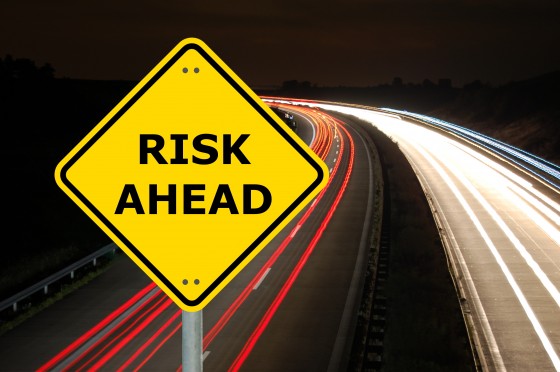Risks for businesses are constantly changing, but they should be seen as opportunities and not shied away from. This was the message from Maurice R. “Hank” Greenberg last week.
Greenberg, chairman and CEO of C.V. Starr and CEO of AIG until 2005 spoke at a KPMG insurance industry conference in Midtown Manhattan.
“We are living and have been, in a changing world. Whether it’s terrorism, regulation, technology, for some they lead to opportunity and for others, to nothing,” he told insurers.
Looking back in time, he noted, a number of insurance companies with “household recognition” no longer exist because they resisted change. How does a company insure against cyberattack, for example? “With great difficulty, yet it has to be conquered,” he said.
Greenberg pointed out, “We’ve dealt with environmental, but there is a lot more coming down the pike.
Fracking is a new risk, every day you read something new—whether it’s causing minor earthquakes or polluting water and so on. But we have to deal with these things. You can’t hold progress back because there’s a new risk and you don’t want to take it on.”
He added, “We’re living in a world where terrorism is a growth business in many countries. We have to deal with that and that will be an increasing problem for the industry to deal with.”
The insurance industry has to step up to risks such as terrorism, he said. If not, “government takes over and industry disappears—so many times you partner with government if you have to. Take TRIA for example, it’s up for renewal in 2014, and the industry is resisting government pulling out of TRIA.”
Initially after Sept. 11, 2001, Greenberg said he had hoped “we would get something like TRIA in place, but we’ve learned a lot about terrorism since then. We’re more secure. Yes, there are exceptions, but we’re more alert as a nation than we had been.”
Those who believe in the private sector, he said, believe government “should only do things the private sector can’t do.” And so, renewing TRIA as-is may not be the right course of action, he said.
“The industry could take more risks than when it was confronted with 9/11. There are some parts of TRIA that I think the government has to continue to be involved with.” For example, he explained, underwriters fear accumulation of risk. “So take a large building in New York, like a hotel.
If there was a terrorist attack with thousands of people in the building, the loss would be monumental. Particularly if they are employees and you have workers compensation coverage—it could possibly break the strongest company.”
He advised insurers to use common sense in their belief that the private sector has the financial capability of providing insurance. “Otherwise all the solvency funds in the industry on the regulatory side would be depleted. So it must be balanced. You can take more risk where the industry can afford to assume it, but there are parts that you have to say are beyond our capability. That’s where government does and should step in.”

